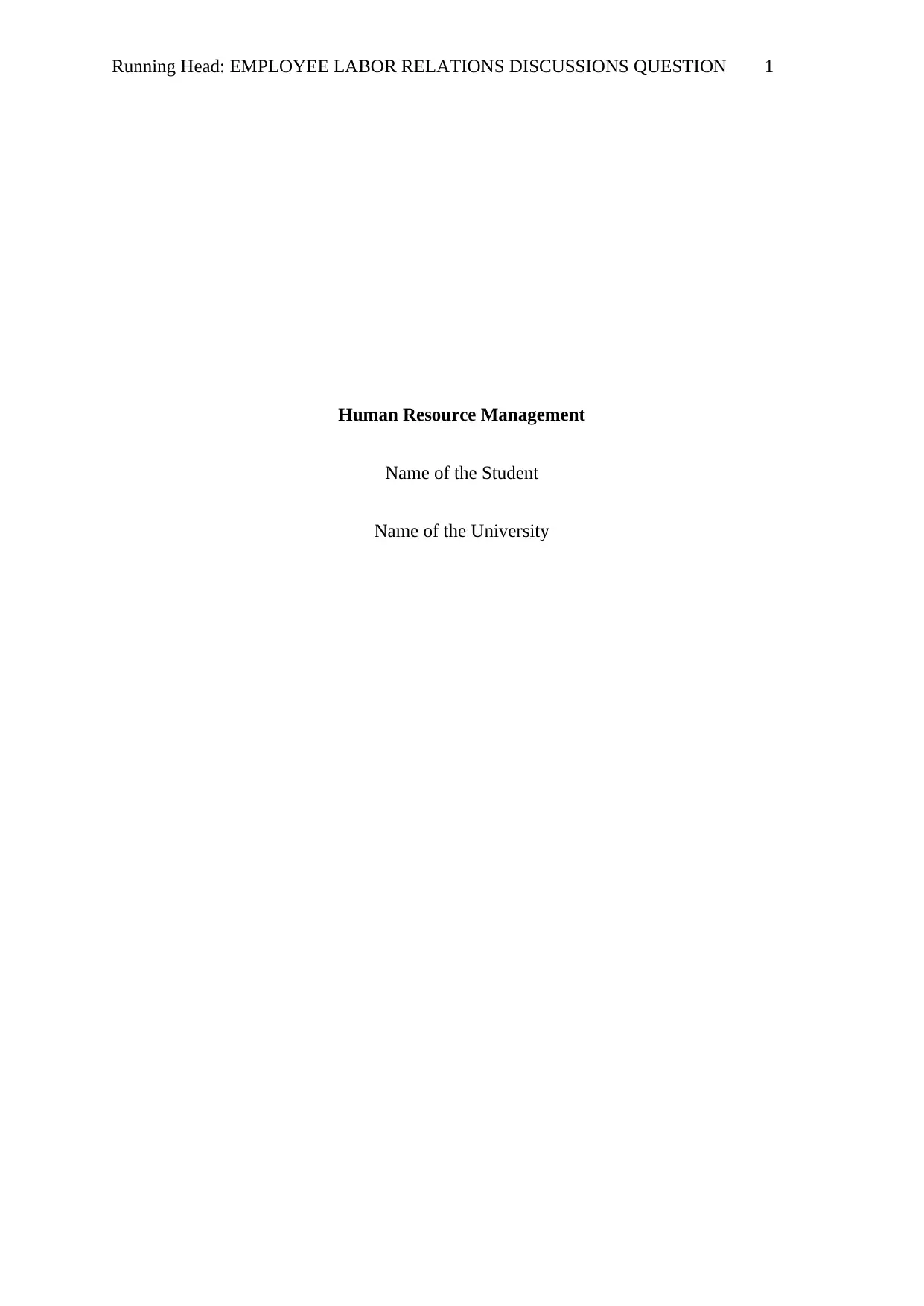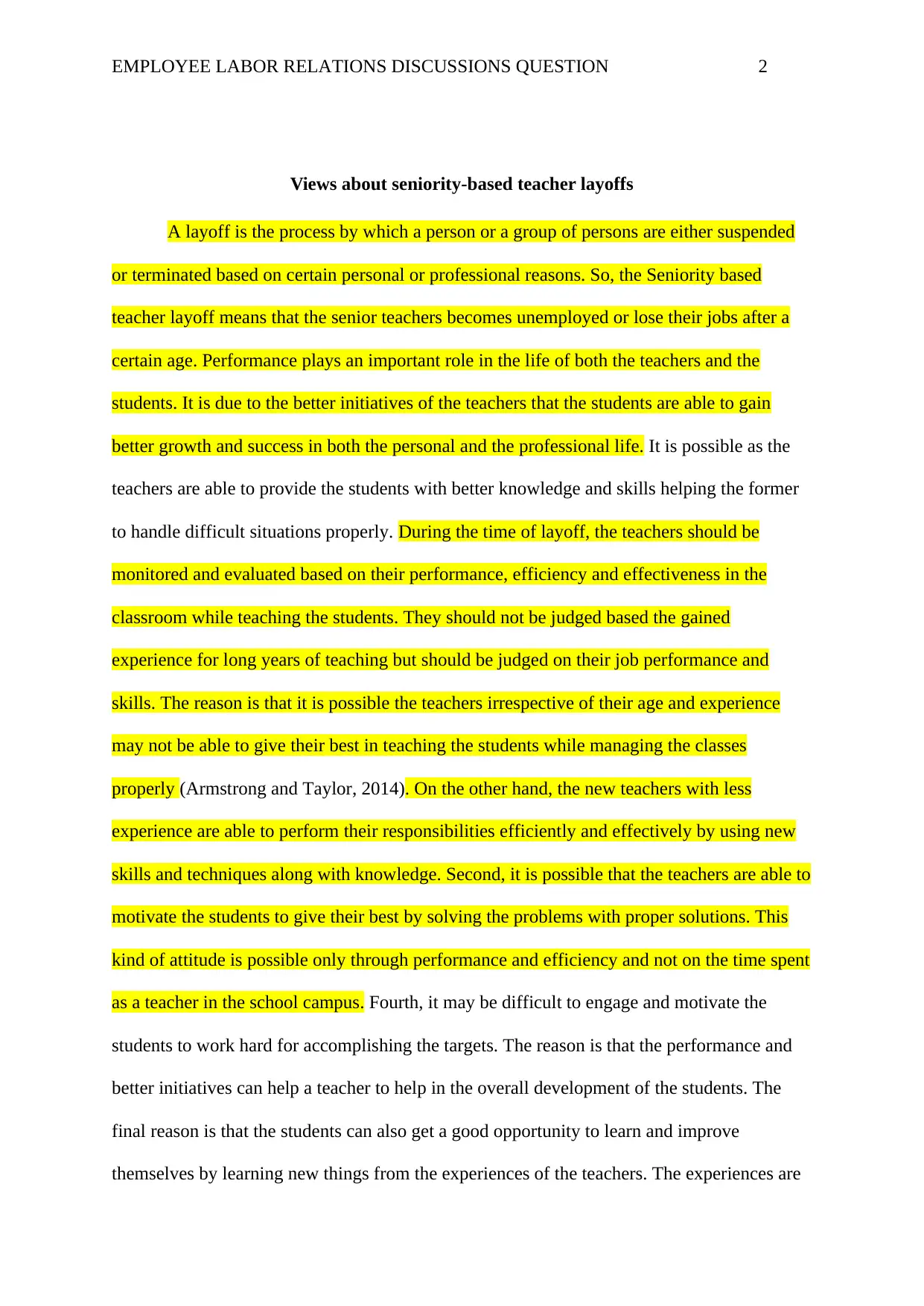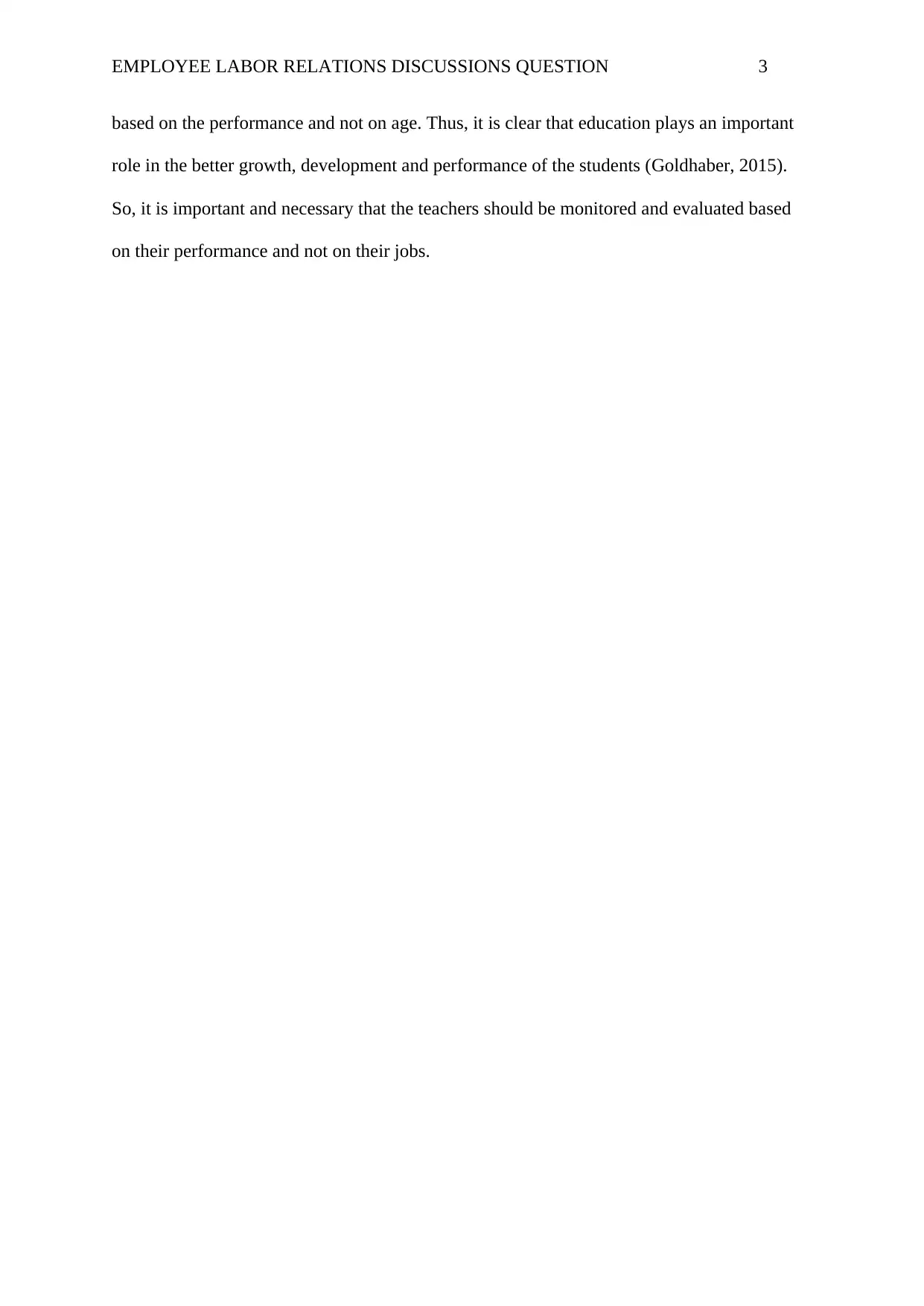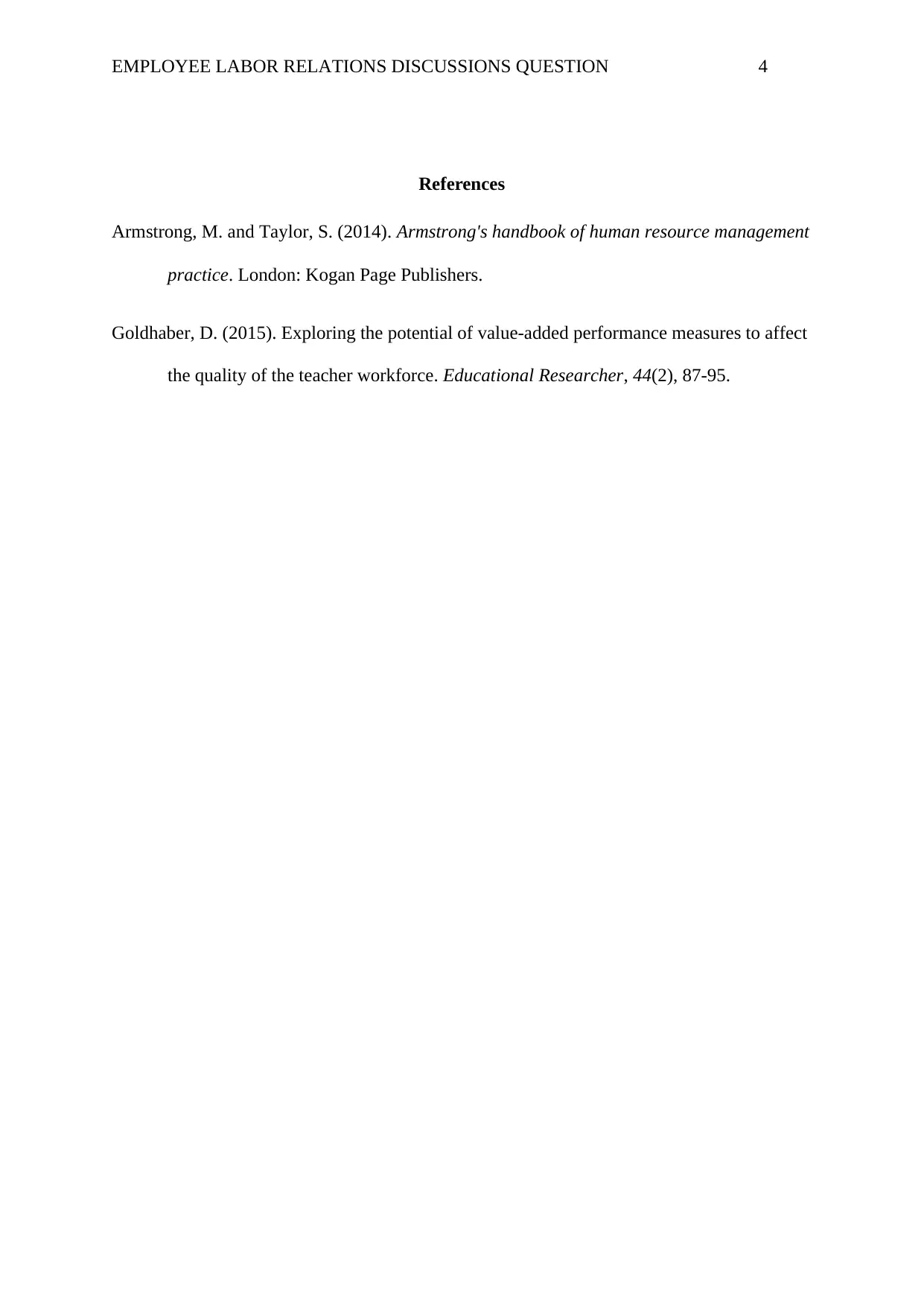This paper analyzes the controversial practice of seniority-based teacher layoffs, presenting a strong case against prioritizing years of service over performance evaluations. The core argument centers on the direct correlation between teacher performance and student success. While experience can be valuable, it does not guarantee effective teaching. The paper highlights that a teacher's ability to engage students, deliver effective instruction, and foster a positive learning environment are far more critical factors in determining their suitability for continued employment. Laying off highly effective teachers simply because they have fewer years of service is detrimental to students and the overall quality of education. The paper emphasizes the need for robust and fair performance evaluation systems that accurately assess a teacher's skills, classroom management abilities, and impact on student learning. These systems should incorporate multiple data points, including student performance data, peer observations, and self-evaluations, to provide a comprehensive picture of a teacher's effectiveness. Furthermore, the paper suggests that focusing solely on seniority in layoff decisions ignores the potential of newer teachers who may bring innovative teaching methods and fresh perspectives to the classroom. By prioritizing performance, schools can retain the most effective educators, ensuring that students receive the highest quality instruction. The paper concludes by advocating for a shift away from seniority-based layoff policies towards a system that values and rewards teacher performance, ultimately benefiting both students and the educational system as a whole. The references cited, Armstrong and Taylor (2014) and Goldhaber (2015), provide further support for the importance of performance-based evaluations in education and human resource management.
![[object Object]](/_next/static/media/star-bottom.7253800d.svg)
![[object Object]](/_next/static/media/star-bottom.7253800d.svg)



